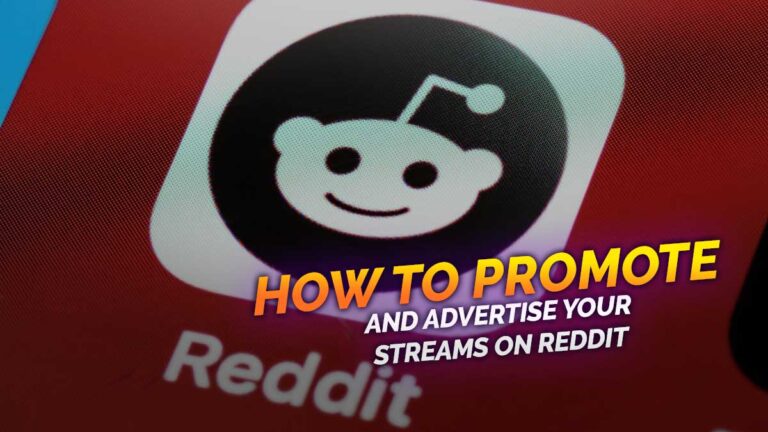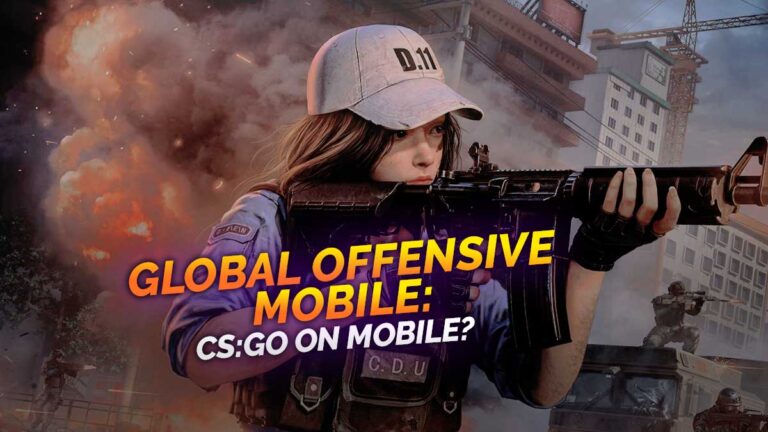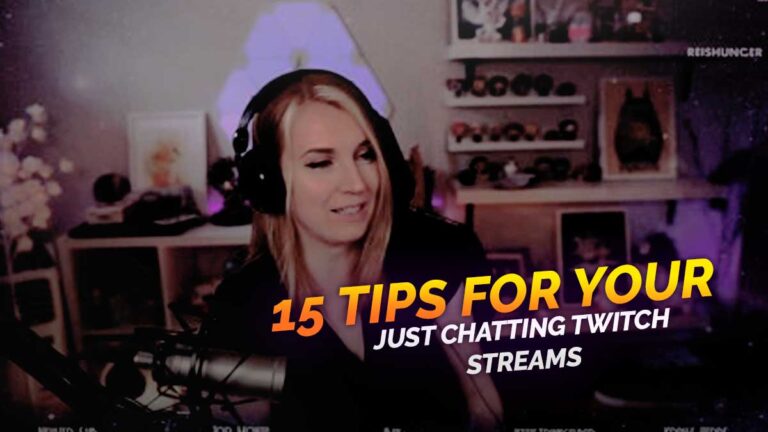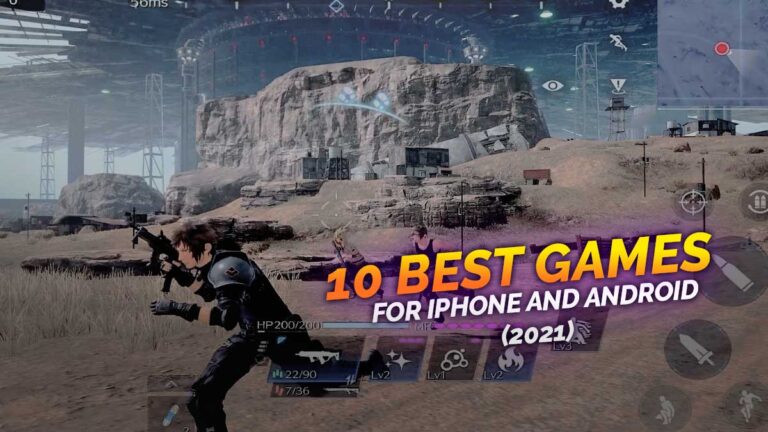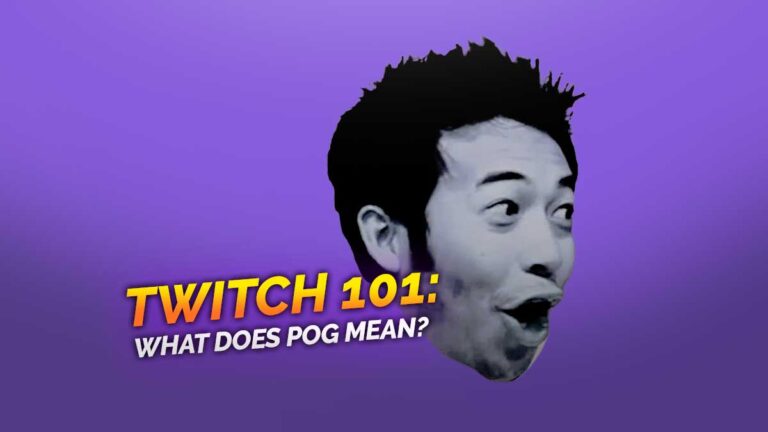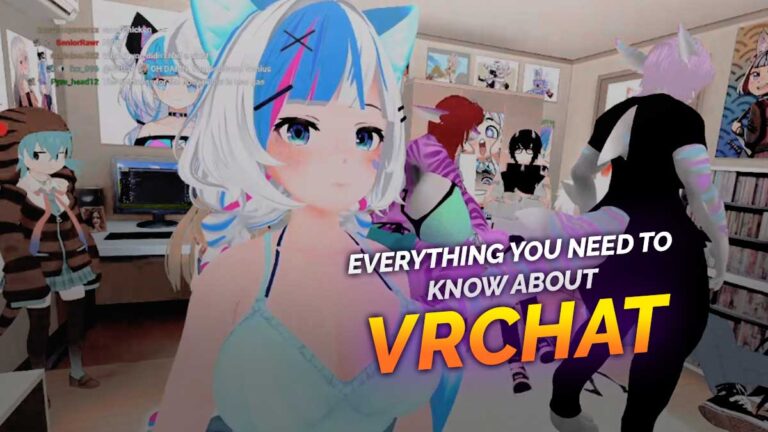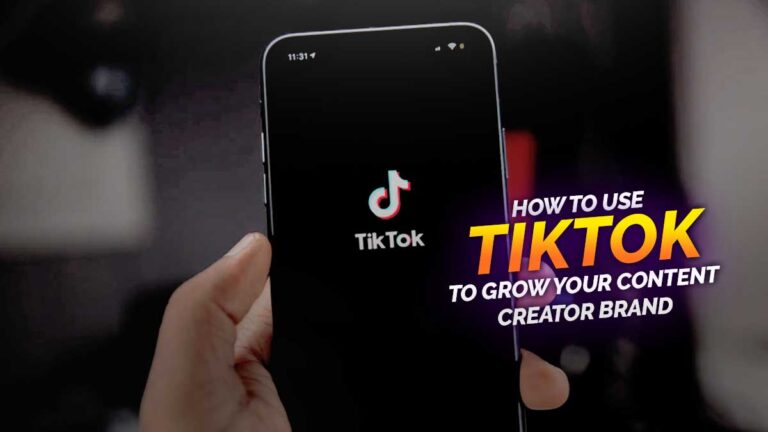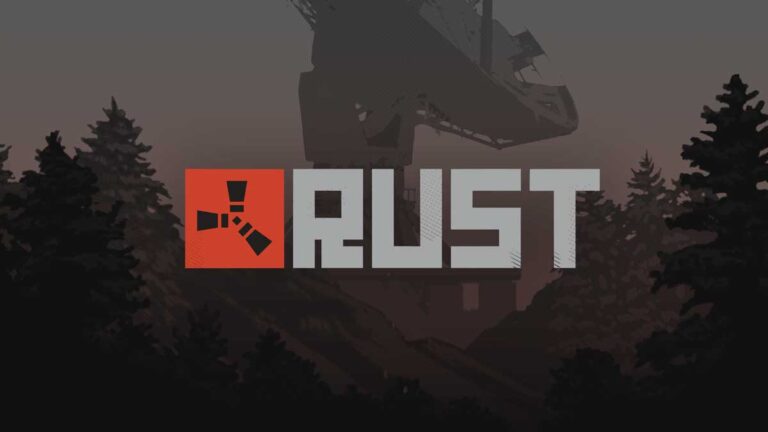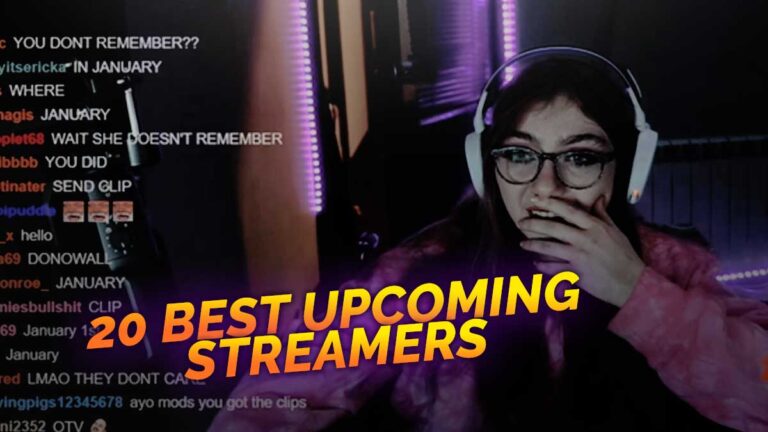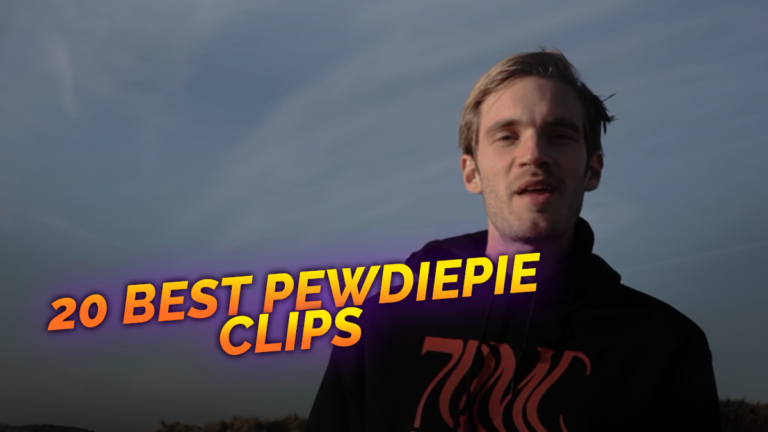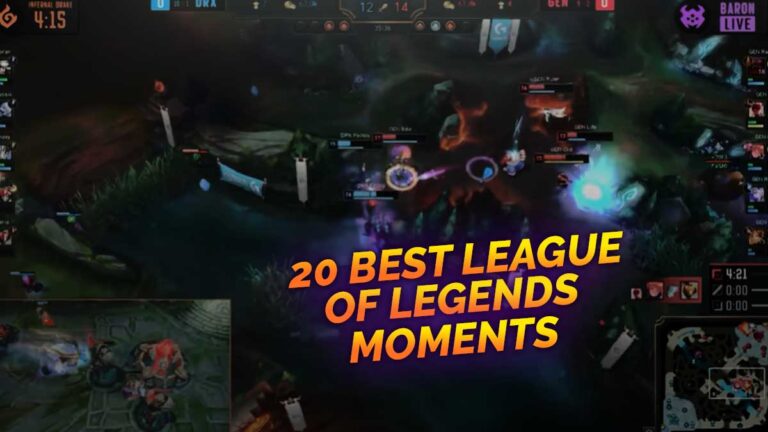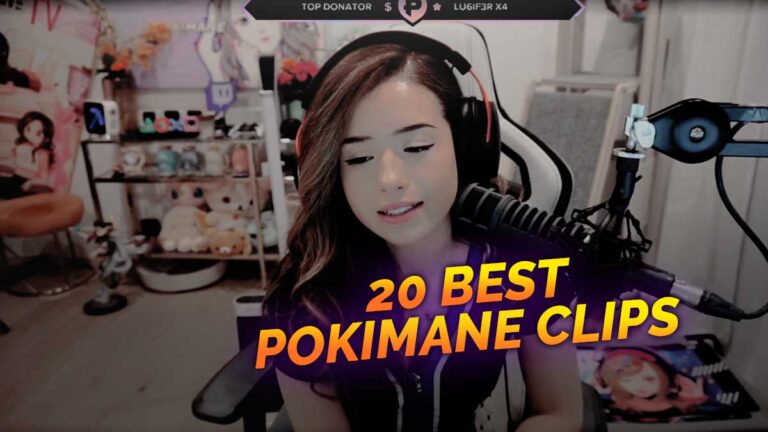Classic Facebook game Farmville finally comes to an end after 11 years, as developer Zynga declares its official shutdown by the end of 2020. The game had a simple idea, where players were given a virtual farm to maintain and design.
A lot of Facebook users find this idea enjoyable, making the game more popular and setting off the mobile game boom that is still going on today. With Adobe ‘s imminent lack of support for Flash, the company (now worth billions) has decided to start sunsetting the classic browser.
Adobe Flash has been a browser-based Internet gaming staple for as long as many people can remember. It was held as a great platform by many developers, acting as a medium for creators to develop games for the public cheaply and easily.
One such game was Farmville, a social media experiment that would go down in history as one of Facebook’s most successful games, and it rose to popularity long before the website set out to delve into the industry with its Facebook Gaming streaming platform. However, as time passed, alternatives such as HTML5 and WebGL proved to be much more secure than Adobe Flash, prompting Adobe to decide to stop official support of Flash at the end of 2020.
With the end of Adobe Flash, Zynga officially announces that Farmville will be shut down by December 31, 2020, allowing players a few months to enjoy the game before it closes. Zynga created a short article, explained the situation and expectations for the future, and shared that all final in-app transactions must be made before November 1. Zynga also used this as an opportunity to announce the launch of Farmville 3, stating, “We look forward to you joining us in Farmville 2: Tropic Escape, Farmville 2: Country Escape and the upcoming worldwide launch of Farmville 3 on mobile.” So, while the original game might be shutting down, there may be a future for fans who love to farm with friends.
Before we say goodbye to this iconic game, let’s go down the Memory Lane to see how Farmville was born.
A Brief History of Farmville
Farmville has become the most popular Facebook app ever made. How and why was this one game so successful amongst the sea of competitors? The fact is Farmville has an interlinked history that dates back to the initialization of the Facebook Application Developer Platform. Learn how Farmville has become a cultural phenomenon.
Introduction to Facebook Games
In the months following the launch of the Facebook Application Developer Platform in May 2007, hordes of developers from around the world worked relentlessly around the clock to create applications that engaged the increasingly growing Facebook user base and the creativity that stemmed from these applications is still alive today.
“Poke”-style applications, music applications, and dating apps dominated the charts. Games were in their infancy, but game ideas like Mob Wars claimed early lead. These were games based heavily on statistics and text-based activities.
![[LPG.jpg]](http://3.bp.blogspot.com/_BSKz82KYH04/SnvAzsOriII/AAAAAAAAEhc/RidcDqRYuKk/s1600/LPG.jpg)
-
(Lil) Green Patch
Meet (Lil) Green Patch, a game about growing your little garden by sending and receiving garden-based utilities. The game was simple, with all the actions revolving around selecting items in the store, clicking to submit, and getting text feedback on the results. At the beginning of 2008, the game had 350,000 Daily Active Users and was in the top 15 Facebook Applications.
The gameplay was simple, and the graphics were considered primitive. Working in the social games industry at the time, most analysts recognized that this was something like the Atari before the NES – game ideas were present, but a graphical redesign would revolutionize the market.
Moreover, Facebook applications have consistently shown a lack of popularity and are typically rooted in an updated version of their basic game engine. This occurred with the transition from Mob Wars to the Mafia Wars of Zynga and is likely to happen with the gardening / farming genre.
-
Slashkey’s Farm Town
In early 2009, Slashkey created a game called “Farm Town” where you grow a farm by sending and receiving gifts to other farmers in order to design and maintain a farm. The main gameplay engine was somewhat similar to that of (Lil) Green Patch, but the user interface was fully revamped.
With a complete, customizable animated avatar running around the screen and physically cropping and harvesting, the game had a ‘virtual world’ feel, and was reportedly accused of stealing the graphic style from Zynga’s YoVille. The game was initially published to 12 people in private.
The app went from “12 users to 3 million users, with 1 million users playing every day,” and when it was released to the Public Application Directory in June, it debuted on # 4 of all Facebook applications.
Zynga Releases Farmville
In June 2009, a few months after Farm Town became famous, Zynga launched Farmville just after it was published in the public application directory. The game had almost the same visual interface and pattern of play. The game had a few key gameplay changes that made it simpler and faster for users to play.
Graphics and more elegant experience, Farmville Coins and Farmville Cash currencies have made the game more linear and understandable than its predecessor. That said, Farm Town maintained a high degree of social interaction, with numerous ‘meeting places’ available to chat inside the game.
Inevitably, the game itself was excellent, but it was Zynga’s massive existing user base from its other games and advertising expenditure that allowed it to drive significant traffic to Farmville. Zynga has announced that it has won 1 million players a week and has easily reached the 10 m Daily Active Users mark by August, breaking it to the top 20.
It might be confusing as to why Zynga will shut down the game like this when porting the game to an HTML5 is an alternative, a good one that many developers have already explored.
However, this move is likely to allow players to move on from the original Farmville game (not as if it was Zynga’s option, but a fact of live-service gaming) while drumming up public interest in new series titles.
With the release of Farmville 3, Zynga may not want to commit the funds to support all four franchise games, which include Farmville, Farmville 2: Tropic Escape, Farmville 2: Country Escape, and the soon-to-be Farmville 3.
Nevertheless, Farmville’s cultural impact is undisputed. It’s one of the many reasons why the platform ventured majorly into gaming today, particularly with the launch of Facebook Gaming.
Lastly
While it may be the best decision from a business perspective to shut down a Facebook game built on old technology and modernize the formula for modern sensibilities on a more viable mobile platform, this is a huge loss for both game preservation efforts and those who just want to play the original game they fell in love with.
But-from Zynga’s fiscal quarter-minded viewpoint, at least-all nice things have to come to an end, so Farmville fans who want to spend a little more time with a future relic of internet history have a few months left to do it.




